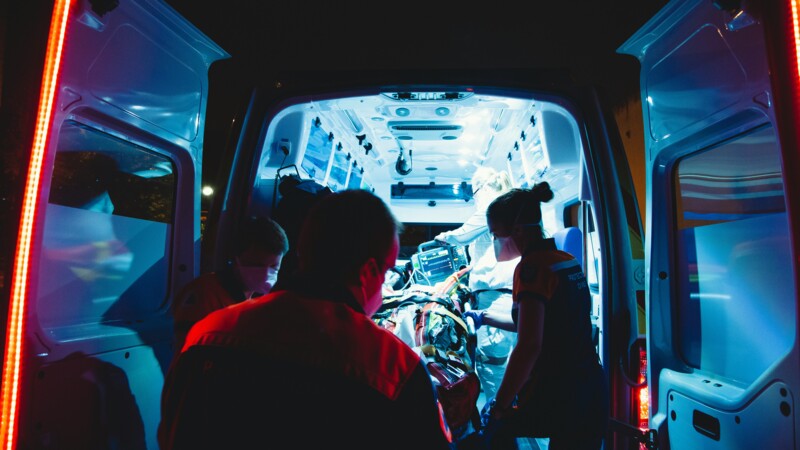This private sector contribution to reunification has since morphed into a thriving business. "Our order books are full until 2026. Friemann is now making plans to expand the premises and the factory, paving the way for the third generation. His daughter studied mechanical engineering and recently joined the family business. What makes the company so successful? "Our three main pillars are vehicle construction, mechanical engineering and steel construction. That's FMS," said Friemann. Beginning with a small car trailer in the 1990s, the company now builds all kinds of special vehicles and offers innovative solutions for transporting heavy equipment such as lorries, caravans, agricultural and construction machinery.
Should you spot a special vehicle transporting a lorry on Europe's roads, chances are it is an FMS Fahrzeugbau vehicule. The family-run company in Hagenow, District Ludwigslust-Parchim, has specialised in innovative vehicles for over 30 years. Dirk Friemann has been at the helm for a good 20 years. "Our company history is a really nice story of change," said Friemann, whose father Gerd worked as production manager in the predecessor company - a construction machinery repair combine - and took over the company from the Treuhand in 1992. (Editor's note: The Treuhandanstalt was set up by the government of the former German Democratic Republic to privatise East German companies. After German reunification, it supervised the restructure and sale of thousands of state-owned companies).
"However, that would not have been possible without Hofmann GmbH, a mechanical engineering company in Rellingen in the Hamburg Metropolitan Region. The Treuhand refused to sell the company to my father on the grounds that someone from a planned economy could not manage a company in a sustainable manner." Only a partnership with the West German Hofmann GmbH made the purchase possible - for the sum of DM 1 million and the promise to invest another DM 1.3 million. "The company started out with huge debts, but sealed a long-standing business relationship. Hofmann GmbH still has a 40 per cent share of the company and I own the remaining 60 per cent." But it was more than just a business decision, Friemann said: "After a while, I asked the founder of Hoffman GmbH's son why his father took this risk back then. He replied that it was 'our contribution to German reunification'".
Expansion of premises and factory

Sure instinct needed for moving heavy electric trucks
"We operate in the premium segment in Europe and have about five rivals - one in Germany and others in Austria, Italy, France and Lithuania. In certain segments, we are now the innovation leader, e.g., with our sophisticated lightweight construction, high payload and stability. FMS Fahrzeugbau is also pioneering safety. "We are involved in committees to make transport in Europe safer," said Friemann, citing the example of electric lorries. Although they are only slowly taking to the roads, the company is also planning safe transport from the factory. "Unfortunately, as long as batteries remain heavy, the technological innovation of e-mobility will bring new challenges," said Friemann. Compared to a conventional lorry, an electric lorry easily weighs three and a half to four tonnes more. "The lashing points have to be adapted because the extra weight leads to different dynamic movements during transport. Handling also requires special care to prevent damage to the batteries - and to rule out the risk of ignition.
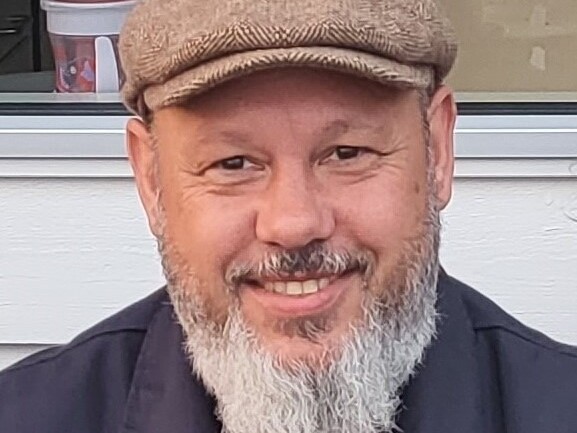
Four-day week trialled
Like many medium-sized companies, FMS Fahrzeugbau is struggling with a lack of skilled labour, which is unhelpful given back-to-back orders. "We use a variety of measures to increase employee motivation and make ourselves an attractive employer," said Friemann, citing a family-friendly corporate culture, free water and fresh fruit and vegetables as examples. The entrepreneur has also experimented with a four-day week. "I suggested it, but an internal survey showed that more than half of our employees opposed the four-day week, and preferred the tried and tested routine." Yet, the initial reluctance did not stop Friemann from implementing a four-day week only to abandon it later - at least for the time being. Bike sharing proved a better means of increasing employee satisfaction. "This is an interesting mobility supplement, especially for our employees in Schwerin. Instead of travelling by car, they now use the EUR 49 D-Ticket and a bike for the last mile". When it comes to transport, FMS Fahrzeugbau is always willing to try something new.
ys/pb
Sources and further information
More
Similar articles
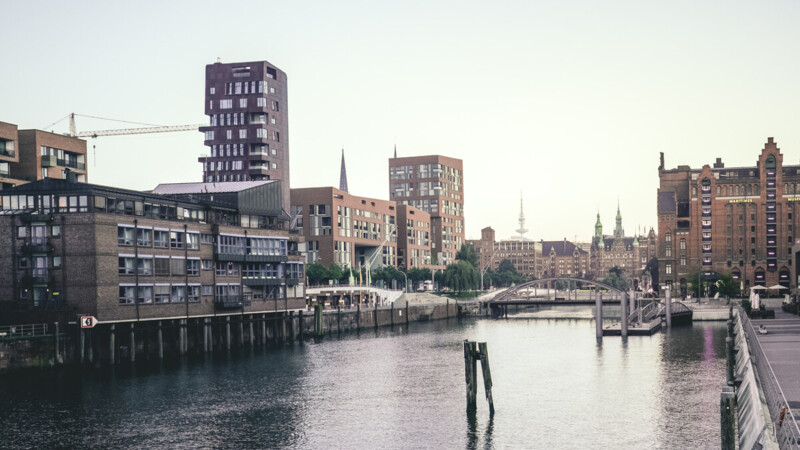
Five Hamburg-based companies now among Top 100 Innovation Champions
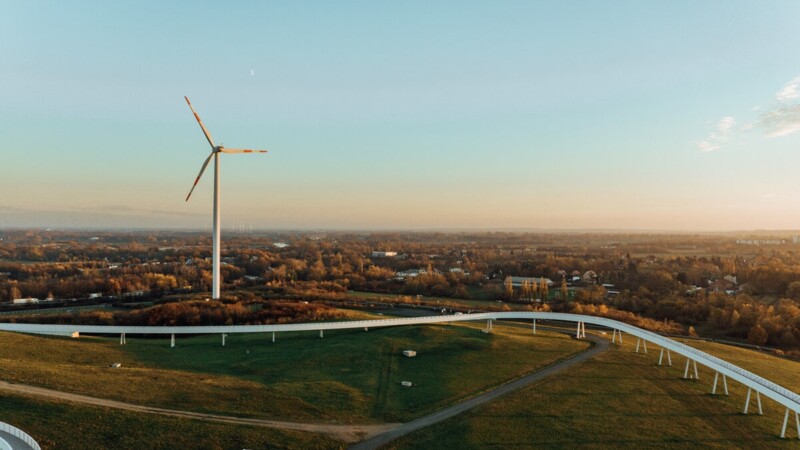
Hamburg top location for companies, survey on energy transition finds
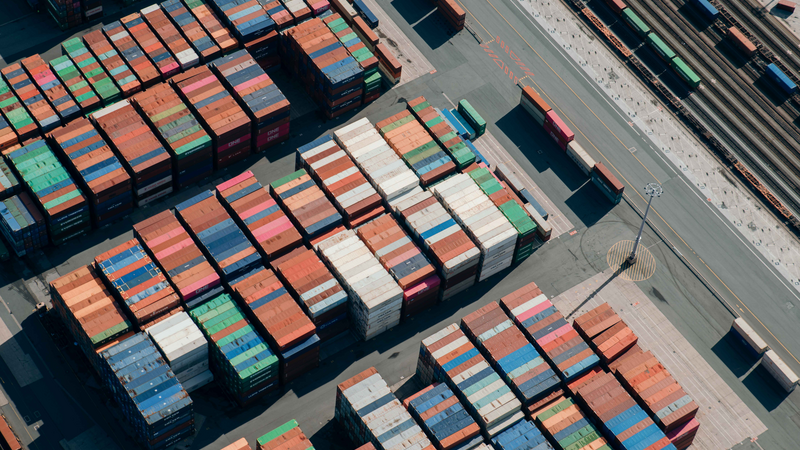
Hamburg future-proofing itself as a logistics centre
